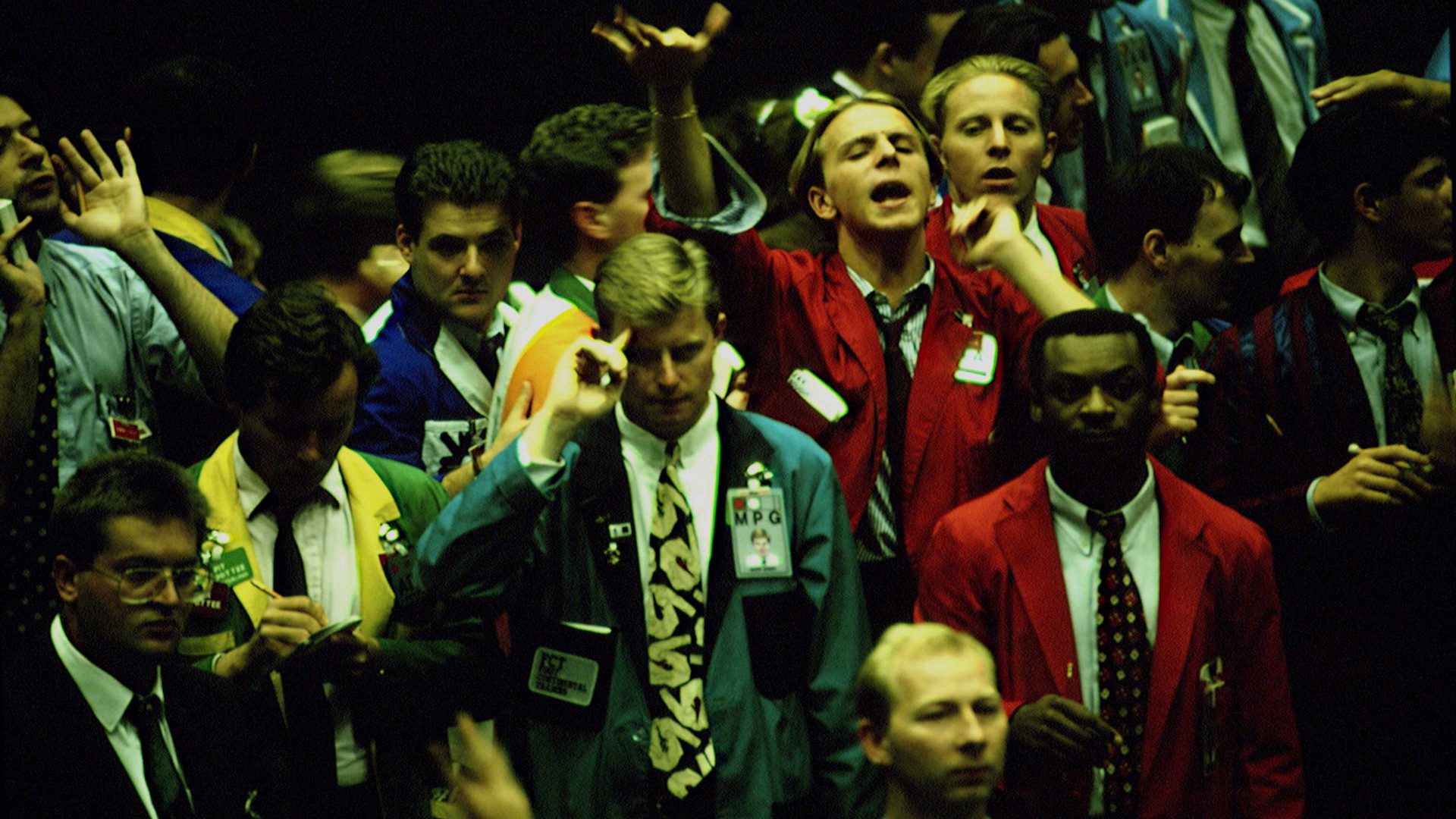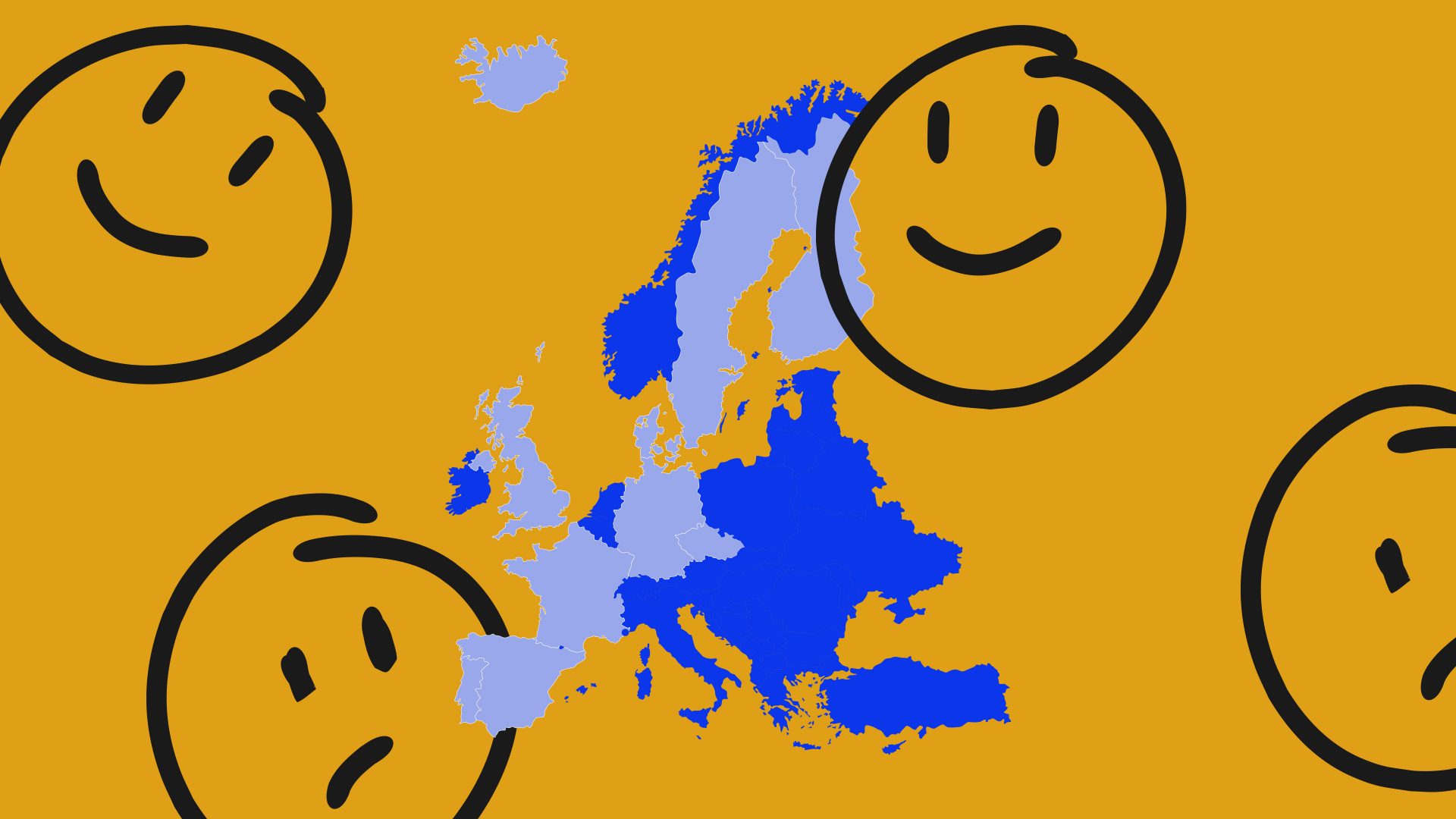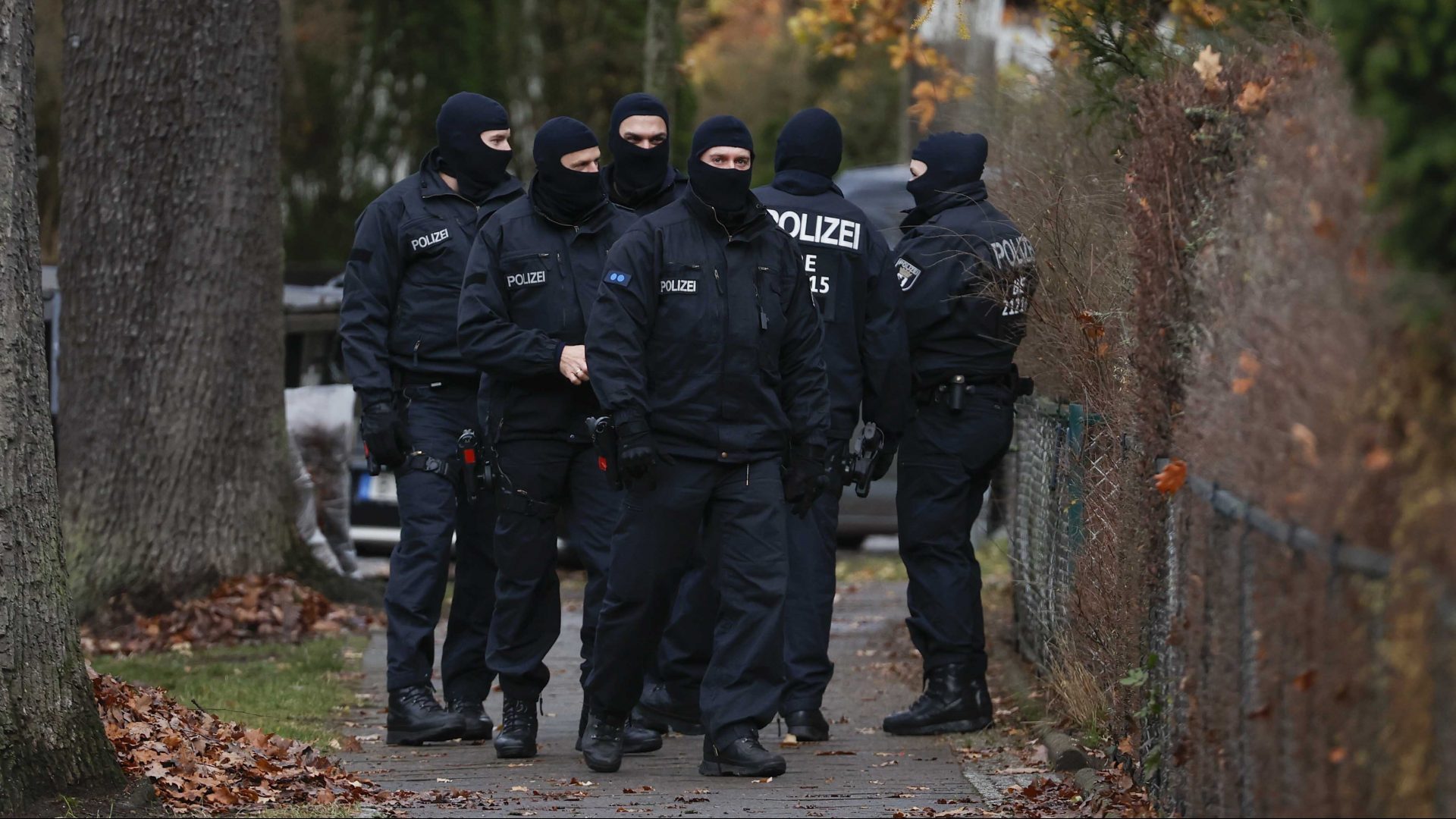If you elect a flag-waving blowhard as prime minister, eventually he’s going to pose for the cameras in an army jacket. If you elect a Goldman Sachs guy, eventually he’s going to deregulate the banks.
Nobody outside parliament actually elected Rishi Sunak, but he has wasted no time in unleashing a massive round of financial deregulation. With bankers’ bonuses already uncapped by his predecessor, Sunak has slashed the surcharge on bank profits, abolished the “ringfencing” that protects savers from speculation by their banks, and repealed Solvency II – the EU regulation designed to stop insurers going bust.
For good measure he has scrapped the law that holds senior managers in the banking sector responsible if things go pear shaped.
The whole thing is being sold as Big Bang 2.0 – a repeat of the financial deregulation bonanza that Margaret Thatcher unleashed between 1983 and 1986, transforming Britain into an international finance centre and, 20 years later, the epicentre of global financial instability.
It is, claims chancellor Jeremy Hunt, essential for Britain’s growth agenda. In fact it’s a spiv’s charter, necessitated by Brexit.
Britain’s challenge as a financial centre outside the EU is clear: more than £1tn worth of investments have fled the banking and insurance system for the European Union since Brexit.
Amsterdam has supplanted London as the centre for trading European stocks. Paris last month overtook London as Europe’s most valuable stock exchange. Meanwhile, the EU’s financial regulator has signalled it will force large parts of London’s derivatives market – worth a staggering $26tn a year – to relocate to trading platforms on European soil after 2024.
Brexit was always going to be a recipe for the long-term decline of London as a financial centre. But the offset was meant to be doing business with the rest of the world: the brogues of Oxbridge-educated finance guys would click down the corridors of corporations across Asia, Central Asia and the Middle East, if no longer in Frankfurt and Milan.
The only problem is: to do that kind of business you need a rules-free environment. You need to be able to put your entire country in peril of bankruptcy by underwriting the risks of managing the money of highly volatile and corrupt economies.
And that, effectively, is what Big Bang 2.0 is all about. Any idea that it could trigger a repeat of what Thatcher did in the 1980s is ludicrous.
Thatcher’s Big Bang cut with the grain of economic history. By the mid-1980s, the Tories were riding a global upswing. They were constructing a new economic model, based on mass home- and share-ownership, with cheap credit replacing high wages, and asset price inflation built in. The defeat of the miners’ strike had just as much to do with that as the abolition of “open outcry” on the London stock market.
The result was that inequality surged: Britain’s Gini coefficient leapt from 25% to 35% in the 1980s and more or less stayed there ever since. Canary Wharf turned from a post-industrial wasteland into mirror-glass Utopia; while once thriving towns in the rest of the UK went in the opposite direction.
Even if you wanted to repeat this story of socio-economic carnage, you could not.
Because Thatcher’s Big Bang was not simply about financial regulation. It was about globalisation – letting the big, Swiss, Japanese and American-owned banks into London. And it was about digitisation – removing the need for face-to-face interactions, and for trading to become computerised and lightning fast.
Today globalisation is in retreat. We’re seeing the emergence of big, regional trading blocs – the Eurozone, NAFTA, ASEAN and China’s Belt and Road Initiative. And though that doesn’t stop the cross-border movement of capital – particularly into tax havens – it does “Balkanise” financial regulation. Britain can remove all the financial regulations it wants, but it cannot become an offshore outpost of the Eurozone unless it starts aligning with EU regulations. And all other potential futures are chimeras.
As for the digital revolution in finance: it can only be progressed by disempowering states (via crypto) and consumers, via exploitatively datamining their health data.
And how much more inequality, insecurity and poverty is there to squeeze out of Britain’s stressed social fabric? How much more can be cut from the real wages of nurses, teachers, railway drivers and telecom engineers? By the size of the current strike wave the answer is: not much.
So what this is really about is enriching the already-rich. The banks that now have to hold, collectively, an estimated £230bn of people’s savings in the form of cash or cash equivalents will be free to move them into the kind of speculative vehicles that crashed the world economy in 2008.
Since Rishi Sunak was one of the primary architects of that crash – the hedge fund he worked for triggered the ill-fated takeover of the Dutch Bank ABN AMRO – it should come as no surprise that he wants to be the political architect of the next crash.
For, though millions of Americans lost their homes, and Britain lived through a lost decade of austerity, it should be noted that Sunak and his ilk got richer after the 2008 crash. Getting rich from other people’s misfortune is, after all, the precise purpose of running a hedge fund.
Big Bang 2.0 is only logical if you accept hard Brexit is irreversible. It’s not a survival strategy for the whole economy but for a financial elite who can cut themselves adrift from the fate of ordinary Brits.
Reversing hard Brexit, re-aligning with Europe’s financial regulation, and suppressing speculative finance will be urgent tasks for the next government. Let’s hope we see one in 2023.




